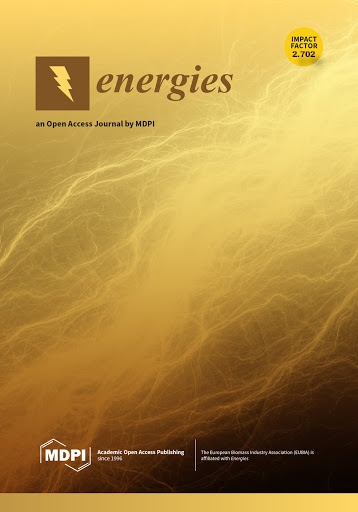Knowledge Hub
AGORA webinar: Charging infrastructure in cities: a dialogue between the Netherlands and Germany
2022
Author(s): Rommel L
Approaches to create charging infrastructure in Hamburg Presentation by Rommel Lennart , Head of Area E-Mobility and Alternative Fuels, Free and Hanseatic City of Hamburg
AGORA webinar- Charging infrastructure in cities: A dialogue between the Netherlands and German
2022
Author(s): Kok M
Approaches to create charging infrastructure in Utrecht Presentation by Kok M, Senior Policy Advisor Emission-Free Transportation Fuels, City of Utrecht
A Review of the Life Cycle Assessment of Electric Vehicles: Considering the Influence of Batteries
2022
Author(s): Xia X, Li P
The automotive industry is currently on the verge of electrical transition, and the environmental performance of electric vehicles (EVs) is of great concern. To assess the environmental performance of EVs scientifically and accurately, the authors reviewed the life cycle environmental impacts of EVs and compared them with those of internal combustion engine vehicles (ICEVs).
Data-Driven Fault Diagnosis of Lithium-Ion Battery Overdischarge in Electric Vehicles
2022
Author(s): Gan N, Sun Z, Zhang Z, Xu S, Liu P, Qin Z
The over-discharge can significantly degrade a lithium-ion (Li-ion) battery's lifetime. Therefore, it is important to detect the over-discharge and prevent severe damage to the Li-ion battery
Decarbonizing India’s road transport: a meta-analysis of road transport emissions models
2022
Author(s): Kumar M, Shao Z, Braun C, Bandivadekar A
The authors suggest that India set a target of lowering emissions from road transport that is at least 25%–50% below the 2020 level by 2050. Additionally, India should prioritize vehicle electrification, electricity grid decarbonization, and stringent fuel efficiency standards, as results from all models and post-COVID-19 analysis demonstrated the effectiveness of these strategies in reducing petroleum reliance and CO2 emissions.

Economic Aspects for Recycling of Used Lithium-Ion Batteries from Electric Vehicles
2022
Author(s): Lima MCC, Pontes LP, Vasconcelos ASM, de Araujo Silva Junior W, Wu K
This article mainly focuses on the economic aspects of the recycling of LIBs, presenting and analyzing: (i) the advantages and disadvantages of recycling and (ii) a survey of factors that influence the cost and economic feasibility of disposing of batteries.
An Assessment of the European Regulation on Battery Recycling for Electric Vehicles
2022
Author(s): Hoarau Q, Lorang E
This article examines the design of a recent regulatory proposal in Europe that promotes the growth of a battery recycling business. Although electric mobility is thought to be necessary to reduce CO2 emissions in the transportation sector, the industrial and environmental impacts of lithium-ion battery manufacturing are controversial.
Battery Swapping for Electric Two-wheelers in India: Strategy hinterlands
2022
Author(s): Gode P, Bhatt A, Sinha S, Kohli S, Callahan J
This research helps create an agenda for future strategy that supports the battery-swapping business model in India. Because lower battery prices in the future would diminish the cost benefits of acquiring an E2W without the battery, early policy could focus on things less likely to change in the near and medium term, such as the value of time saved on charging and on supporting battery swapping operators (BSOs) in maintaining best practices for operational safety and end-of-life care. That means things like extending future FAME subsidies to two-wheelers sold without pre-fitted batteries and relevant operational and safety standards for BSOs.
A Multi-Mode Electric Vehicle Range Estimator Based on Driving Pattern Recognition
2022
Author(s): Mao L, Fotouhi A, Shateri N, Ewin N
In this study, an EV range estimation technique is proposed to recognize the current driving pattern and then classify it into one of the predefined clusters (driving modes).
Reducing oil dependence in the EU through applied measures for trucks and buses
2022
Author(s): Mulholland E, Rodríguez F
Trucks and buses in the EU represent just 2.5% of the total stock of vehicles on the road, yet they’re responsible for 21% of total annual oil consumption. The study proposes a variety of measures that can be implemented in 2022 to reduce oil consumption from trucks and buses both immediately and by 2027.



